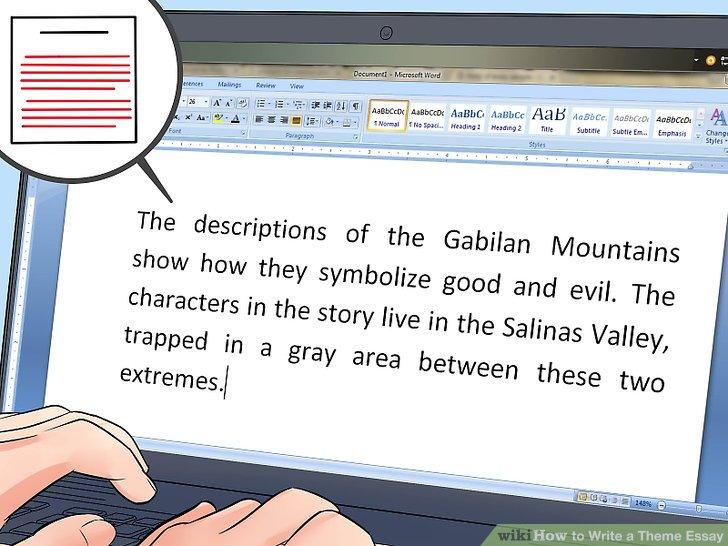Widespread Protests in Togo Challenge Proposed Constitutional Changes
Togo is currently experiencing significant civil unrest as thousands of citizens mobilize to oppose proposed constitutional amendments that could extend President Faure Gnassingbé’s tenure. Demonstrations have erupted across major urban centers, reflecting deep-rooted dissatisfaction with the government and longstanding concerns about political dynasties and governance transparency. This surge in public dissent underscores a critical juncture for Togo’s democratic trajectory, as citizens demand greater accountability and openness amid fears of authoritarian entrenchment.
Mass Mobilization Against Constitutional Amendments
In Lomé, the capital city, hundreds gathered despite heightened security measures to protest against constitutional reforms perceived as a strategy to prolong President Gnassingbé’s rule beyond its current limits. The crowd comprised students, activists, and ordinary citizens united by calls for democratic renewal. Protesters brandished placards advocating for electoral fairness and an end to autocratic tendencies within the government.
The demonstrations spread through various neighborhoods with participants chanting slogans emphasizing freedom and justice while waving national flags. Youth engagement was particularly prominent, signaling a generational pushback against entrenched political power structures. Among their primary demands were:
- Immediate retraction of the proposed constitutional changes
- Implementation of transparent and equitable electoral systems
- Strengthening protections for civil liberties and human rights
The official response from government representatives has been limited; no comprehensive statements addressing protesters’ concerns have been issued publicly. Additionally, opposition figures reportedly face restrictions on their activities-raising alarms about constraints on free expression during this volatile period.
The Broader Impact: What Extended Presidential Tenure Means for Democracy in Togo
The unfolding crisis highlights pressing questions about Togo’s democratic health amid efforts to extend presidential authority. President Faure Gnassingbé has held power since 2005 following his father’s decades-long presidency-a legacy that many Togolese view as emblematic of political stagnation.
Civil society groups warn that prolonging this leadership risks undermining institutional checks-and-balances essential for democracy’s survival. Key consequences include:
- Erosion of Democratic Institutions: Lengthening presidential terms may marginalize opposition parties and weaken legislative independence.
- Escalating Public Frustration: Persistent grievances over governance could intensify protests or provoke confrontations with security forces.
- Diplomatic Repercussions: International partners are increasingly scrutinizing human rights records; continued unrest might jeopardize foreign aid or investment opportunities.
This scenario is not unique within Africa; several nations face similar challenges balancing stability with democratic reform. Recent surveys reveal strong public appetite in Togo for change-78% favor political transformation while only a small minority support extending current leadership (12%). Concerns over ongoing protests remain high at around 65%, indicating widespread unease about potential violence or instability arising from these tensions.
| Aspect | Togolese Public Opinion (%) |
|---|---|
| Support for Extending Presidential Rule | 12% |
| Demand for Political Reform & Change | 78% |
| Anxiety Over Protest-Related Violence | 65% |
Navigating Political Unrest: The Urgency of Inclusive Dialogue in Togo’s Crisis
The wave of demonstrations sweeping across Togo reflects mounting frustration toward reforms perceived as consolidating one-party dominance rather than fostering genuine democracy. Citizens cite issues ranging from corruption scandals to economic hardships exacerbated by global inflationary pressures affecting West Africa at large.[1]
Civic groups emphasize three core demands driving the movement forward:
- A complete suspension of controversial constitutional proposals;
- A return to transparent electoral practices ensuring fair representation;
- An open platform facilitating sincere dialogue among all political stakeholders including marginalized voices;
Government attempts at quelling dissent have included both promises to engage with protesters’ concerns alongside increased policing measures-a dual approach met with skepticism given past experiences where dialogue initiatives lacked substantive follow-through.[2]
Recent opinion polls suggest growing public preference toward negotiation over confrontation, highlighting hopes that peaceful resolution remains possible despite escalating tensions.< /a > Meaningful conversations between authorities and civil society actors are widely regarded as essential steps toward restoring trust and stabilizing the nation politically.< / p >
A Glimpse Ahead: Prospects Amidst Uncertainty in Togo’s Political Landscape
As protests persist throughout cities like Lomé, Sokodé, and Kara, international observers monitor developments closely due to implications beyond national borders.< /a > The government’s handling will likely influence not only domestic stability but also regional diplomatic relations within ECOWAS (Economic Community of West African States).
The resilience demonstrated by Togolese demonstrators signals an unwavering commitment among many citizens toward safeguarding democratic principles despite formidable obstacles posed by entrenched power dynamics.< / p >
Ultimately,Togo stands at a crossroads – whether it embraces inclusive governance reforms or drifts further into authoritarianism will shape its future trajectory significantly amidst evolving geopolitical realities across West Africa.< / p >







